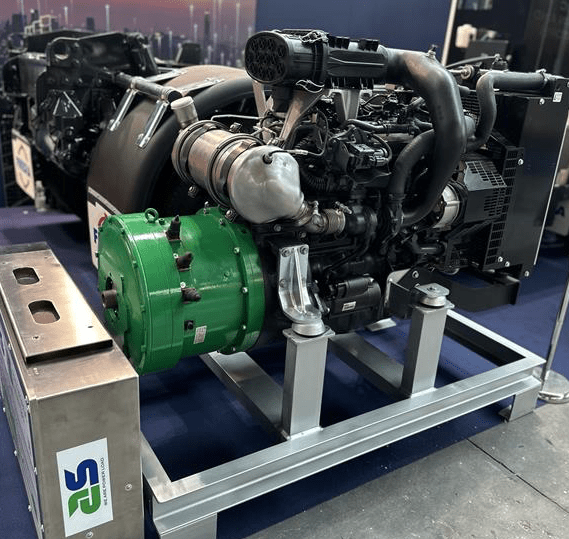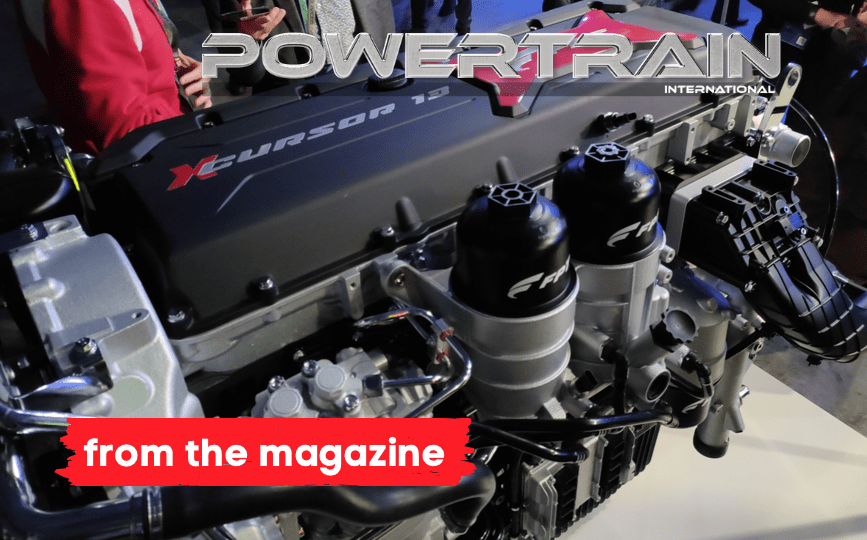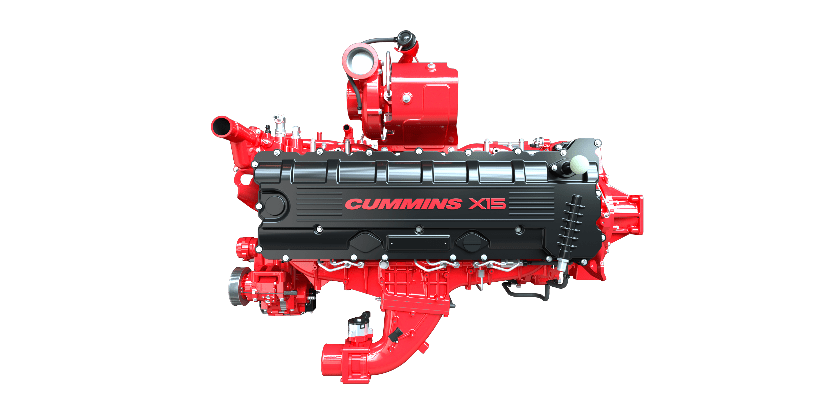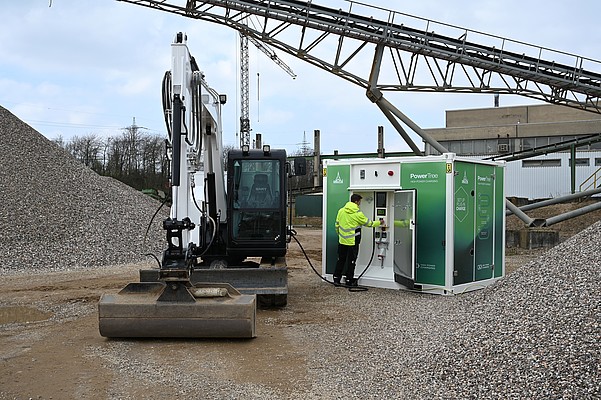Hyundai and H2 Energy for hydrogen mobility
Hyundai Hydrogen Mobility In order to enhance the development of hydrogen mobility in Europe, Hyundai Motor Company and H2 Energy decided to create a new joint venture. The name is Hyundai Hydrogen Mobility and the focus is, indeed, the revamping of hydrogen and fuel-cell development. To begin the joint venture’s operations, Hyundai Motor will deliver […]
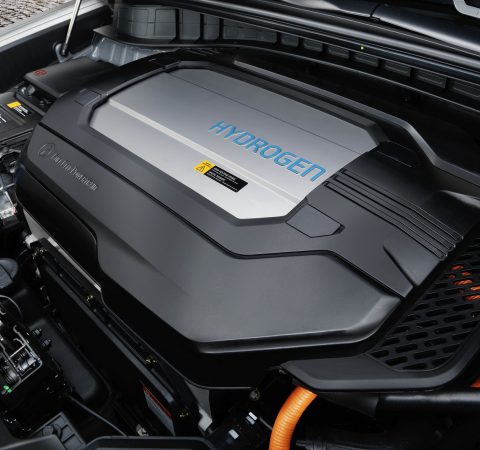
Hyundai Hydrogen Mobility
In order to enhance the development of hydrogen mobility in Europe, Hyundai Motor Company and H2 Energy decided to create a new joint venture. The name is Hyundai Hydrogen Mobility and the focus is, indeed, the revamping of hydrogen and fuel-cell development. To begin the joint venture’s operations, Hyundai Motor will deliver 1,600 fuel cell electric heavy-duty trucks to Hyundai Hydrogen Mobility from 2019 through 2025.
The new company will lease over time a large portion of fuel-cell powered trucks to the H2 Mobility Switzerland Association. An organization that comprises major refuelling station operators, transport and logistics companies to start promoting hydrogen mobility in Switzerland. The joint entity will then further expand its market presence to other European countries beyond Switzerland.
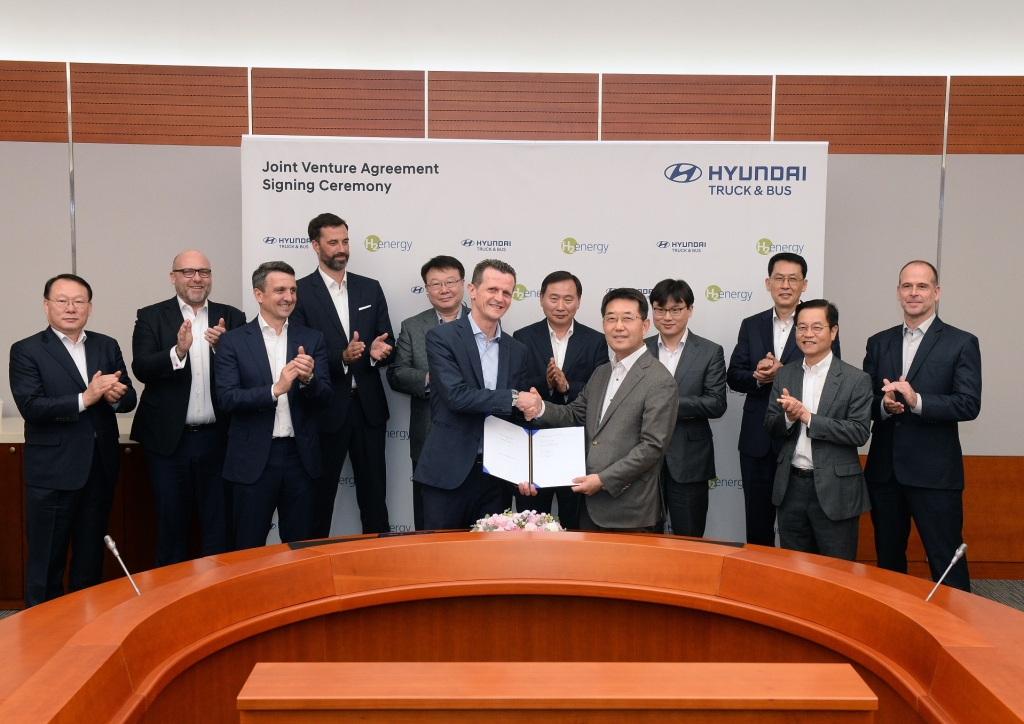
With the establishment of Hyundai Hydrogen Mobility, Hyundai expects to gain a foothold in Switzerland, where the demand for fuel cell trucks is expected to grow from a stiff nationwide road tax on diesel trucks, which incentivizes fleet operators of diesel trucks to switch to zero emission vehicles.
The words of the two parties
In Cheol Lee, Executive Vice President and Head of Commercial Vehicle Division at Hyundai Motor, said: «With this agreement, Hyundai Motor will strengthen its business operations across the hydrogen ecosystems in Switzerland and beyond. The venture will enable us to take the first step toward successfully entering the larger European market with our fuel cell electric trucks. Harnessing the prospective success of the world’s first commercialization scheme of fuel cell trucks, Hyundai Motor will continue to maintain its technological prowess in hydrogen technology as an innovative and environmentally committed global automaker».
H2 Energy manages hydrogen production and supply, refueling stations, fuel cell vehicle procurement and other similar fields. The company also offers technical and consulting solutions.
H2 Energy Chairman, Rolf Huber, said: «Once again, Hyundai lives up to its role as a world leader in hydrogen technology. This time, Hyundai has ushered in an unstoppable momentum towards eco-friendly mobility for heavy-duty trucks in Europe and beyond. We are very proud to play an active part in this pioneering project in the framework of a joint venture. In addition to supporting the fuel cell truck business, H2 Energy will create a related ecosystem that can flexibly adapt to operate these vehicles».
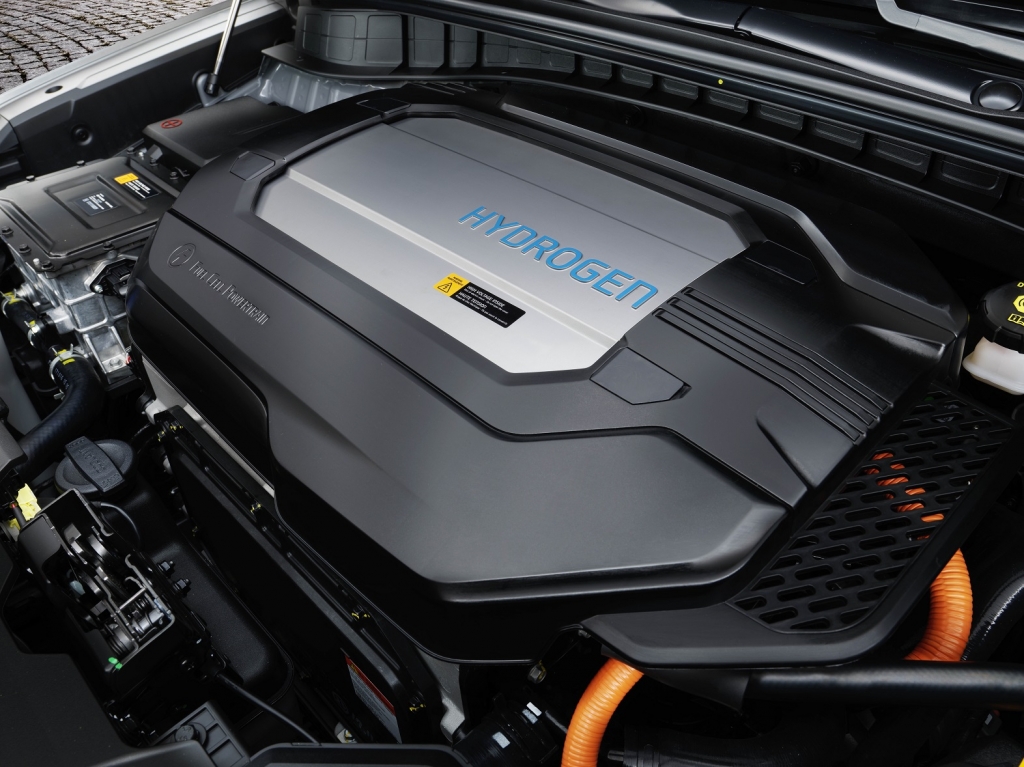
The potential of fuel-cell technology
After scaling up to meet the demand in Europe, Hyundai will launch its fuel-cell commercial vehicle businesses in other regions around the world, including the U.S. and domestic market in Korea.
The fuel-cell electric powertrain technology has advantages over the battery electric powertrain technology in large commercial vehicles, such as trucks and buses. Fuel cell technology saves loading space and reduces vehicle weight, progressively becoming a more cost-efficient power source as the vehicle size increases. As a result, the technology offers a wide array of opportunities in the commercial vehicle sector.
Hyundai Motor’s fuel cell powertrain offers a propulsion solution for everyday vehicles from passenger cars to commercial vehicles. It represents the company’s ongoing commitment to sustainable transport. Hyundai Motor Group has also begun fostering the growth of fuel cell and other related industries around the world as part of its FCEV Vision 2030.

